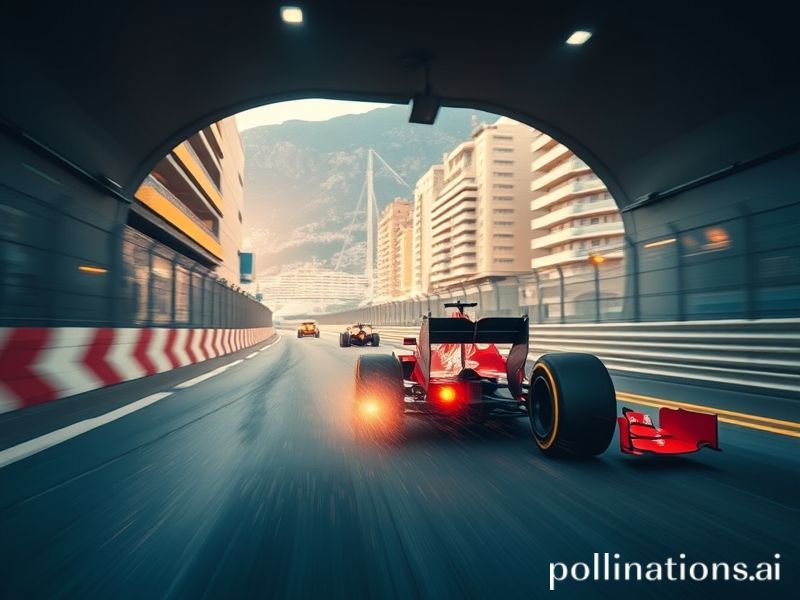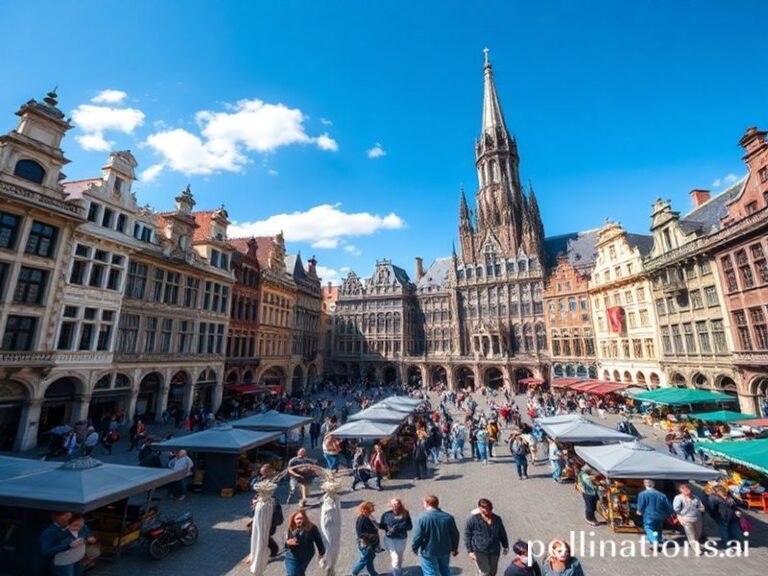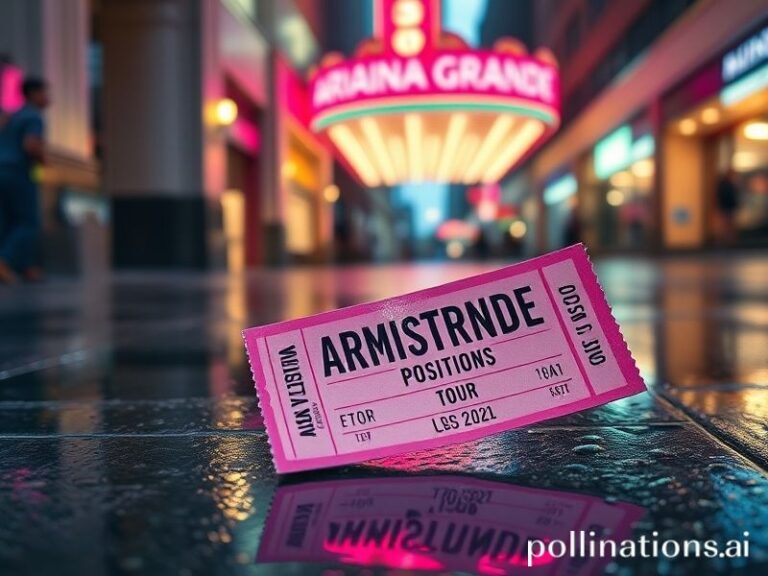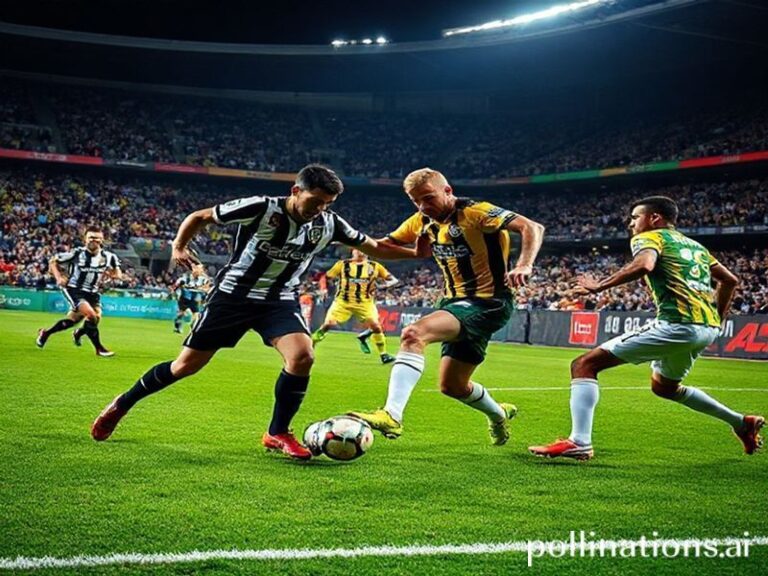Global Gridlock: How 18 Minutes of F1 Qualifying Became the World’s Fastest Foreign Policy
Saturday afternoon, planet Earth: while half the globe is busy doom-scrolling about glaciers filing for early retirement, the other half is staring at a stopwatch that decides which millionaire gets to start Sunday’s Formula 1 race a few meters closer to immortality. F1 qualifying—three micro-acts of high-octane theater—is the planet’s most expensive game of musical chairs, only the music is a V6 hybrid at 12,000 rpm and the chairs cost €400,000 apiece.
From São Paulo to Singapore, the ritual unfolds with the solemnity of a papal conclave crossed with a Black Friday sale. Q1, Q2, Q3: each segment shorter than the average climate summit coffee break, yet freighted with more geopolitical baggage than a G7 summit. A tenth of a second here isn’t merely sport; it’s soft power expressed in carbon fiber. When a British team’s car nudges a French one off the front row, the Brexit commentariat erupts like it’s 2016 again. When a Japanese power unit implodes at the last corner, Tokyo’s stock exchange winces as if someone insulted the emperor’s cat. And when an American rookie qualifies fourth, ESPN cuts to commercial claiming the dawn of a new epoch—never mind that the kid still thinks Spa is a type of mineral water.
The cars themselves are diplomatic envoys on Pirelli tires. Power units built in Brixworth meet energy recovery systems engineered in Maranello, all bolted to chassis conceived by aerodynamicists who learned their trade designing drones for someone’s air force. Each qualifying lap is therefore a miniature NATO exercise, only the collateral damage is measured in tire blankets and pride. The drivers, meanwhile, perform the role of gladiator-influencers: multilingual, telegenic, contractually obligated to thank the team’s 43 sponsors before they’ve even unbuckled. One suspects that if a meteor struck the paddock, the first words out of the survival capsule would be, “Great work by the crew back at the factory, and a huge shout-out to our blockchain hydration partner.”
For host nations, qualifying is a turbocharged billboard. Saudi Arabia shells out nine figures for the privilege of having the world watch its skyline flick past in a blur—an oddly honest metaphor for its global image campaign. Australia, still hungover from hosting the Olympics two decades ago, reprises the role of “sporty, sun-drenched democracy” for precisely 18 minutes of TV time. Miami converts the whole thing into a TikTok backdrop; by lap three the track limits have been replaced by influencer wristbands. Somewhere in the Kremlin, a general takes notes.
And then there’s the weather, the last neutral referee on Earth. Rain in Imola sends strategists scurrying like rats on a sinking superyacht; humidity in Sepang turns million-dollar machines into very expensive paperweights. Climate change, that unwelcome backmarker, is catching the field at an unnerving rate. Already, races are being rescheduled because the tarmac is literally melting—an irony not lost on a sport that burns 100 kg of fuel just to find out who starts first. The marketing department calls it “Net Zero by 2030”; the rest of us call it cognitive dissonance at 320 km/h.
Yet for all the cynicism, qualifying still delivers the pure, uncut hit of human drama. Watch Carlos Sainz wrestle a twitching Ferrari through Silverstone’s Maggotts-Becketts sequence and you remember why we ever bothered leaving the caves. The lap ends, the crowd exhales, and the Spaniard radios in with the laconic understatement of a man who’s just survived re-entry: “Not bad.” Somewhere, a data engineer in Milton Keynes spills coffee on his trousers; somewhere else, a 12-year-old in Jakarta decides engineering beats dentistry.
When the chequered flag falls on Q3, the grid forms like a seating chart at the world’s most exclusive banquet: champions beside rookies, billion-dollar empires balanced on rubber molecules. Tomorrow they will race for points, trophies, and the right to uncork another magnum of corporate champagne. But today, in that crystalline 60-second window where man, machine, and multinational conglomerate become one, qualifying offers a rare, ungoverned truth: speed is still the cleanest language we have left—and, mercifully, it’s one nobody has figured out how to fake… yet.







